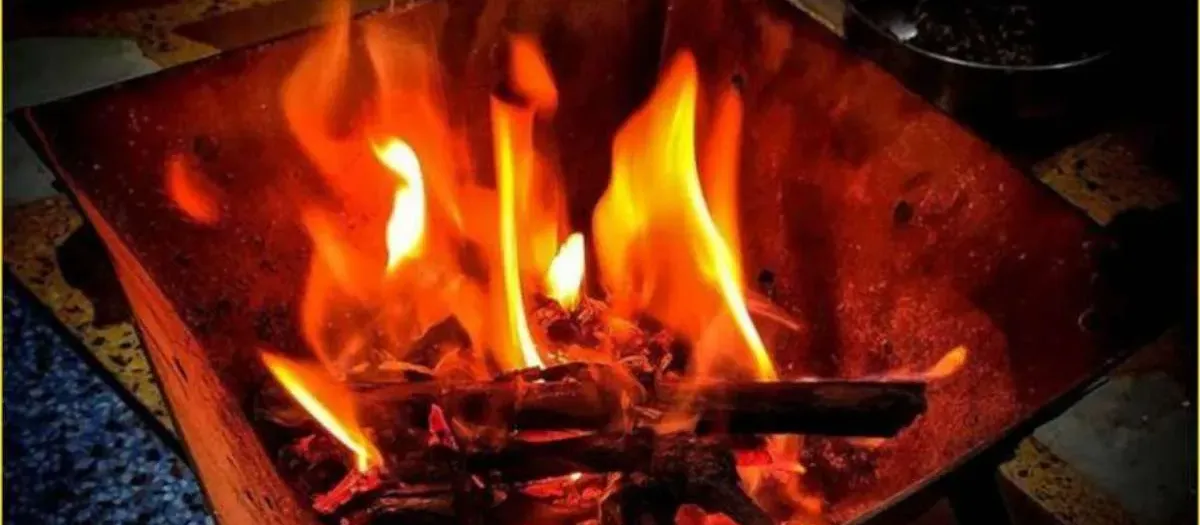The Sacred Ritual of Havan: Unlocking Spiritual Energy and Inner Peace

Buy Minimum of Rs. 499 to Get Free Shipping on Cash on Delivery

Have you ever heard of Havan? This ancient ritual holds a key to unlocking spiritual energy and finding inner peace. Havan, also known as homa, is a powerful fire ceremony practiced in various religions including Hinduism, Buddhism, and Jainism. In this blog post, we will explore the origins, significance, and benefits of Havan.
The word 'Havan' is derived from the Sanskrit root 'hu' which means to offer or to sacrifice. It symbolizes the act of offering prayers and sacrifices to the divine through the sacred fire. The smoke produced during the Havan carries the prayers and intentions to the heavens, connecting the earthly realm with the divine realm.
The origins of Havan can be traced back to ancient Vedic times. It was believed that the gods and goddesses would descend to Earth and partake in the offerings made through the fire. The ritual was considered a way to communicate with the divine and seek their blessings. Over the centuries, Havan has evolved and become an integral part of religious ceremonies and festivals.
In Hinduism, Havan is performed as a form of worship to invoke the blessings of various deities. It is believed to purify the environment and create positive vibrations. The fire acts as a medium through which the offerings are made, and the chanting of sacred mantras adds to the spiritual energy. Havan is often performed during auspicious occasions such as weddings, housewarmings, and festivals.
In Buddhism, Havan is practiced as a means of cultivating mindfulness and concentration. The fire symbolizes the burning away of negative emotions and attachments, allowing practitioners to attain inner peace and enlightenment. The smoke from the fire represents the impermanence of all things, reminding individuals to let go of attachments and embrace the present moment.
Havan holds a significant place in Jainism as well. It is seen as a form of spiritual purification and a means to connect with the divine. Jains believe that by offering prayers and making sacrifices through the fire, they can purify their souls and progress on the path of spiritual liberation.
The practice of Havan offers numerous benefits for the mind, body, and soul. It helps in purifying the environment, removing negative energies, and creating a positive atmosphere. The chanting of mantras during Havan has a calming effect on the mind and promotes mental clarity. The fire also acts as a natural disinfectant, purifying the air and reducing the spread of germs.
Havan is believed to enhance spiritual energy and create a sense of harmony within oneself and the surroundings. It helps in cultivating a deep connection with the divine and developing a sense of gratitude. The ritual also promotes community bonding as it is often performed collectively, bringing people together in prayer and celebration.
Havan, the sacred ritual of offering prayers and sacrifices through fire, holds immense spiritual significance in various religions. It is a powerful practice that unlocks spiritual energy, promotes inner peace, and connects individuals with the divine. Whether you are a follower of Hinduism, Buddhism, Jainism, or simply curious about ancient rituals, exploring the world of Havan can be a transformative journey.